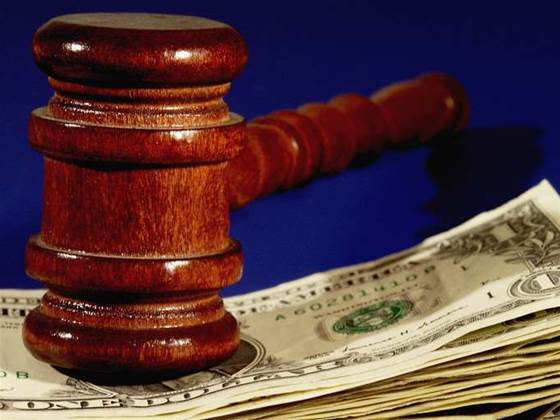The patent was held by California-based chip manufacturer OPTi Inc and related to a data transfer method, officially called "Predictive snooping of cache memory for master-initiated accesses".
Apple argued throughout the case, which was originally instigated in June 2007, that the patent was invalid because of "prior art" and "obviousness".
Apple could not immediately be reached for comment on the jury verdict.
Meanwhile Apple chief executive Steve Jobs' testimony, where he maintained he was unaware of the accounting illegality of improperly backdating stock options, has been made public.
The US government did not take action against Jobs for the fraudulent accounting processes that followed him asking the Apple Board of Directors in 2001 to approve an option grant of nearly five million shares to several members of the Apple executive team.
In the deposition filed with the US Securities and Exchange Commission on the 18th of March, Jobs claimed he asked the board for the mega grants because Apple needed to retain key personnel.
"That's the key asset Apple has," he said. The deposition was made public by Forbes using the Freedom of Information Act.
Apple finished its second quarter ending 28 March with revenue of US$8.16 billion and a profit of $1.21 billion.
"Apple's financial condition remains very robust, with almost $29 billion in cash and marketable securities on our balance sheet," said Apple chief financial officer, Peter Oppenheimer.


_(28).jpg&h=140&w=231&c=1&s=0)

_(23).jpg&h=140&w=231&c=1&s=0)






 iTnews Benchmark Awards 2026
iTnews Benchmark Awards 2026
 iTnews Executive Retreat - Security Leaders Edition
iTnews Executive Retreat - Security Leaders Edition
 iTnews Cloud Covered Breakfast Summit
iTnews Cloud Covered Breakfast Summit
 The 2026 iAwards
The 2026 iAwards












_(1).jpg&h=140&w=231&c=1&s=0)



